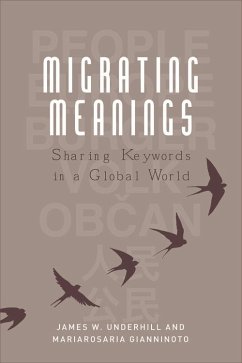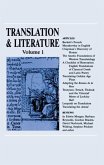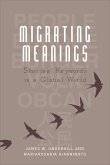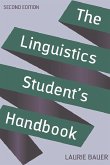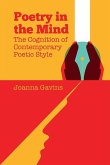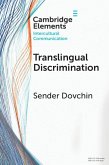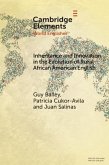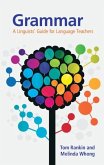This book looks into the fundamental concepts with which we think, and which form the key concepts for discussing democracy in the Western world: 'the individual', 'the people', and 'the citizen'. But it is also about the emerging political context within which we live, Europe. The question is: Does democracy mean the same thing for a Chinese worker in the suburbs of a metropolis and for a worker in Newcastle or Glasgow? Do the words for 'citizen' and 'the people' coincide in English and Chinese? How do the Chinese perceive Europe? As a competitor, an ally, a source of inspiration? Or as an enemy? What have we to learn about ourselves from seeing our worldview from another perspective? Can we enter into the Chinese worldview? And in these times of radical changes in geopolitics in the globalized world, how is that Chinese worldview changing? And can we not consider the Chinese worldview as a myriad of political, cultural, and religious worldviews? If so, how do those worldviews compete?
Dieser Download kann aus rechtlichen Gründen nur mit Rechnungsadresse in A, B, BG, CY, CZ, D, DK, EW, E, FIN, F, GR, HR, H, IRL, I, LT, L, LR, M, NL, PL, P, R, S, SLO, SK ausgeliefert werden.

